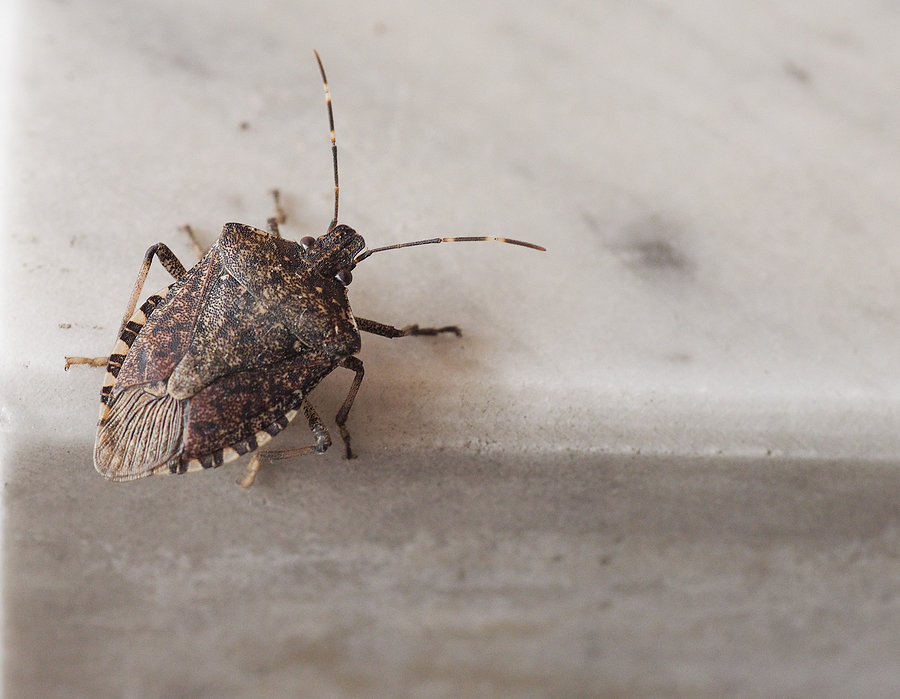READY TO GET STARTED?
REQUEST A FREE ESTIMATE
Fill out the form below or call (888) 466-7849 for a free, no-obligation estimate.

As the temperatures drop in Georgia and winter sets in, many pests seek refuge within the warmth of our homes. These unwelcome visitors, known as overwintering pests, can pose serious hazards to both our homes and our health. In this blog post, we will explore common overwintering pests, how they find their way into our homes, the risks they present, when they emerge, and most importantly, how to prevent their invasion. If you find yourself facing a pest problem, don’t hesitate to take action – request a free pest control quote today.
Overwintering pests use various entry points to infiltrate your home. Common entryways include gaps around windows and doors, cracks in the foundation, and openings around utility pipes. Once inside, they seek out warm and secluded areas to hibernate during the colder months.
While overwintering pests are generally not harmful to humans, they can become a nuisance in large numbers. Some pests may release unpleasant odors or stains when disturbed, while others, like stink bugs, emit a foul-smelling liquid as a defense mechanism. Additionally, the presence of these pests can lead to contamination of stored food items.
Overwintering pests typically emerge in the spring as temperatures rise. The emergence can be sudden and overwhelming, leading to a surge in pest activity. This is the time when homeowners often notice an increased presence of these pests in and around their homes.
If you’re concerned about overwintering pests invading your home, take action now. Request a free pest control quote from your local pest control company and ensure a pest-free environment for you and your family.
Understanding the behavior of overwintering pests and implementing preventive measures is key to safeguarding your home. By following these tips and being proactive, you can enjoy a pest-free living space even during the colder months. Don’t let winter pests take over – request your free pest control quote today.
Categories